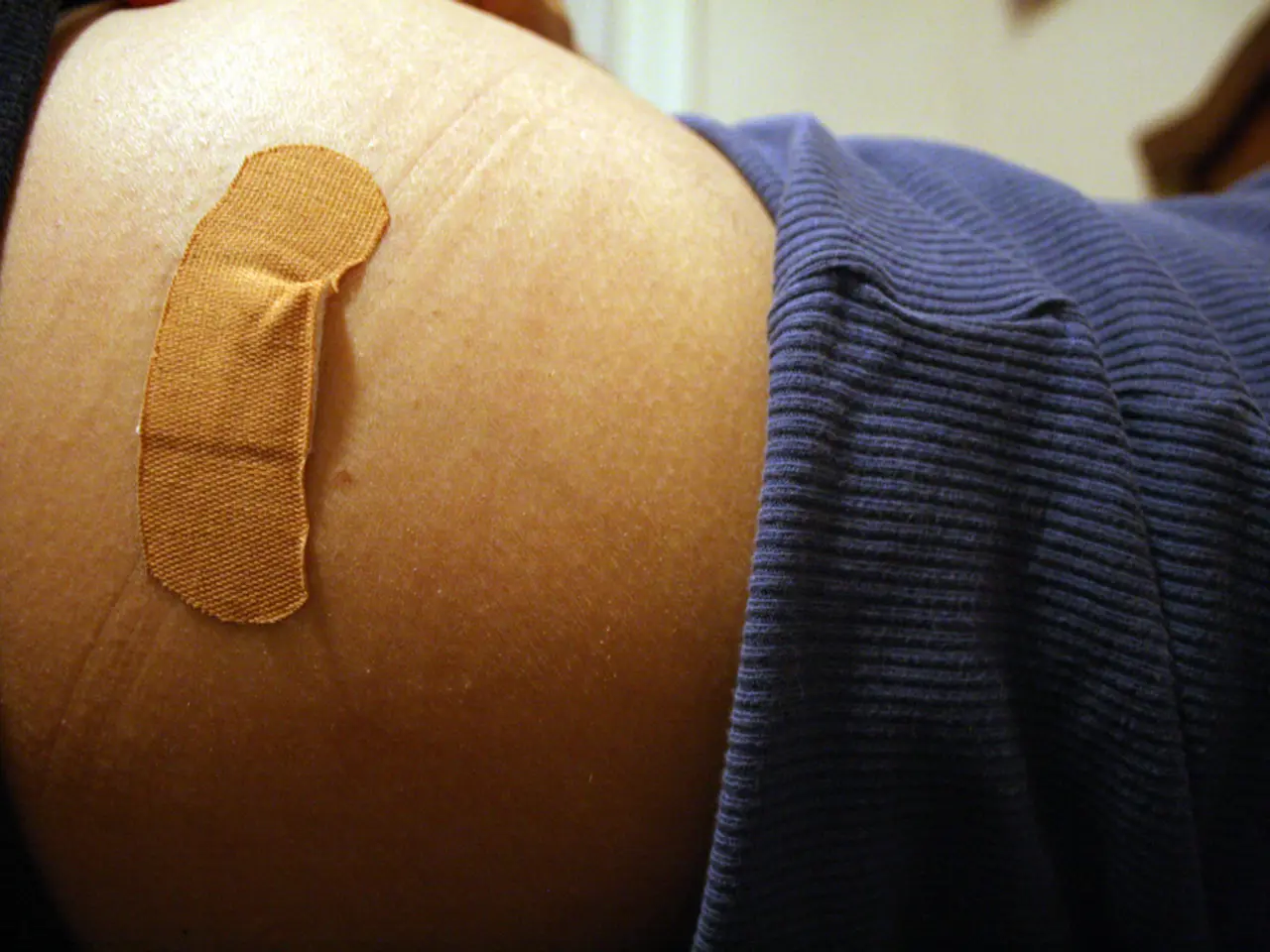Understanding Fainting: When to Worry and What to Do
Fainting, also known as syncope, is a common occurrence that typically lasts from a few seconds to a few minutes. While usually not serious, it can sometimes indicate a more serious medical issue. Here's what you need to know about fainting and when to seek medical attention.
Fainting occurs when the brain does not receive enough oxygen, leading to a temporary loss of consciousness. It can be triggered by various factors such as emotional stress, pain, dehydration, certain medications, or underlying medical conditions. Feeling lightheaded, dizzy, weak, or nauseous may precede fainting.
If you've fainted more than once in the past month and have no previous history of fainting, it's important to consult your doctor. Some medications, including antihypertensives like ACE inhibitors and AT1 receptor blockers, diuretics, certain antiarrhythmics, and those causing significant vasodilation, can lower blood pressure and increase the risk of syncope, especially in elderly or sensitive patients.
An electrocardiogram (ECG or EKG) is usually the first test conducted to diagnose the cause of fainting. Treatment depends on the underlying cause, but if there are no underlying medical conditions, no treatment is typically needed.
To assist someone who has fainted, raise their feet to support blood flow to their brain and loosen any restrictive clothing. However, if the person does not regain consciousness quickly or exhibits any concerning symptoms, seek immediate medical care.
Fainting is not always a cause for alarm, but it's essential to be aware of the potential underlying issues. If you experience frequent fainting spells or have concerns about your symptoms, consult a healthcare professional. Prompt medical attention is crucial if the person does not regain consciousness quickly or displays any worrying symptoms following a fainting episode.
Read also:
- Rise in Flu Cases: Timing and Reasons Explored by Medical Experts for Flu Vaccination
- Nursing Infants: Advantages, Factors to Ponder, Guidelines, Essential Gear
- Anticipated Increase in Uninsured Residents to Pose Challenge for Local Healthcare Infrastructure
- Accusations of poor care and supposedly poor hygienic standards at LaSalle Hospital






